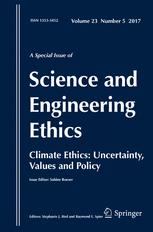 A journal retracted a paper about how conflicts of interest might be influencing research into the link between vaccines and autism because — wait for it — the authors failed to disclose conflicts of interest.
A journal retracted a paper about how conflicts of interest might be influencing research into the link between vaccines and autism because — wait for it — the authors failed to disclose conflicts of interest.
According to the retraction notice, the editors retracted the paper without the authors’ agreement, because the authors had a host of personal and professional interests in the field they didn’t declare, such as being associated with organizations involved in autism and vaccine safety. What’s more, the article also contained “a number of errors, and mistakes of various types that raise concerns about the validity of the conclusion.”
But now, Science and Engineering Ethics has published a new version of the article that draws similar conclusions to the retracted one, albeit with an updated conflict of interest statement, among other changes. From the abstract of the revised version: Continue reading Journal replaces anti-vaccine paper it retracted for missing conflicts, “number of errors”


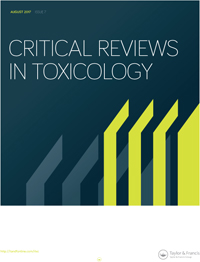 Peer reviewers, like authors, are supposed to
Peer reviewers, like authors, are supposed to  When authors are faced with filling out a journal’s conflict of interest form, deciding what qualifies as a relevant conflict can be tricky. When such omissions come to light, only
When authors are faced with filling out a journal’s conflict of interest form, deciding what qualifies as a relevant conflict can be tricky. When such omissions come to light, only 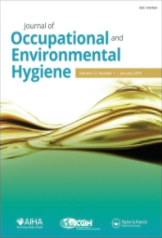
 Circumcision is a hot topic. So hot, questions about a reviewer’s potential conflict with the author of an article promoting circumcision prompted a journal editor to resign, and one academic to call another a “fanatic.”
Circumcision is a hot topic. So hot, questions about a reviewer’s potential conflict with the author of an article promoting circumcision prompted a journal editor to resign, and one academic to call another a “fanatic.” 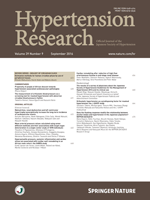 A second paper about a major randomized trial in Japanese patients with heart disease is being retracted, after an investigation reportedly found multiple problems with the paper.
A second paper about a major randomized trial in Japanese patients with heart disease is being retracted, after an investigation reportedly found multiple problems with the paper.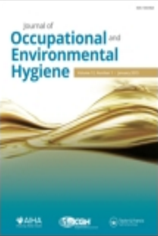
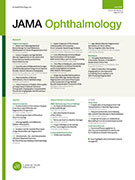 A JAMA journal has quickly issued a correction for a 2016 paper after the author failed to mention several relevant conflicts of interest. Normally, we’d see this as a run-of-the-mill correction notice, but since we reported last week that a
A JAMA journal has quickly issued a correction for a 2016 paper after the author failed to mention several relevant conflicts of interest. Normally, we’d see this as a run-of-the-mill correction notice, but since we reported last week that a